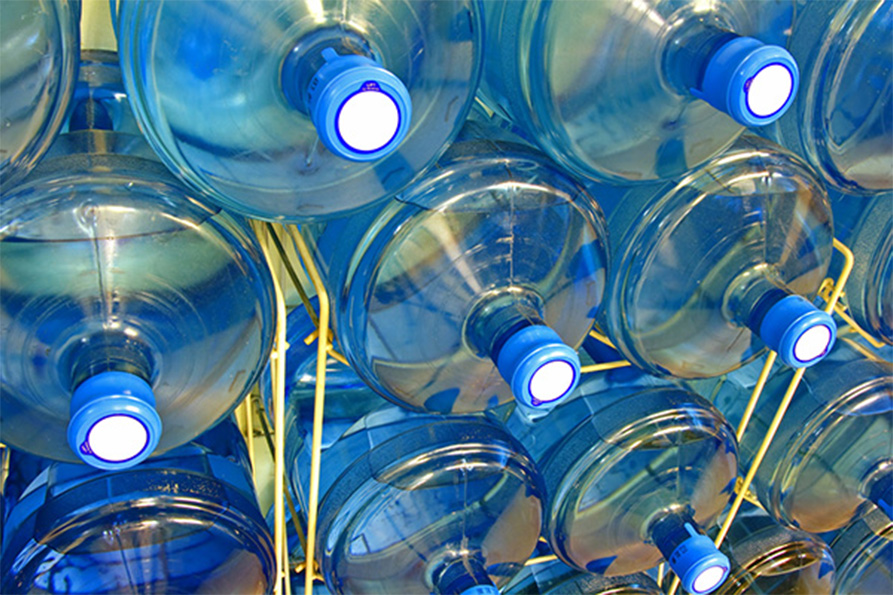
Reverse Osmosis? Why Is It So Popular?
June 30, 2022
Can Touchless Technology Benefit Your Business?
August 17, 2022Why Bottleless Is Better Than Bottled Water Cooler
Bottle water coolers are a popular choice for many businesses and offices. However, there are several dangers associated with their use that people may not be aware of. This article explores a few of the problems with bottled water coolers and why alternatives to this common office staple are necessary.
Negatives of Bottled Water Coolers
For starters, bottled water coolers often require large amounts of plastic bottles, which create waste. In addition, the water itself may not be as clean or safe as we are led to believe. Many bottled water coolers use filters, but these filters often do not remove all contaminants from the water:
Taking a Closer Look: The Unit’s Hygiene
When water spills and gathers dirt, germs and mold quickly grow in numbers. Your water cooler will soon become a breeding ground for these disease-causing microbes if you let it sit long enough. Bacteria and mold can cause unpleasant odors and tainted tastes in the water. Consuming contaminated water might lead to dirty or brackish-water illnesses.
Leaks That Are Difficult To Identify
Leaks aren’t as frequent in water coolers. However, when they do occur, most individuals mistake them for spills or overflowing drip trays. Meaning maintenance can easily be overlooked, creating more problematic issues down the road.
Water Bottles that are Improperly Lifted
Even the lightest water bottles can be dangerous if picked up incorrectly. It’s possible that you never considered that lifting and replacing water cooler containers might harm your back.
Lifting a 5-gallon water bottle incorrectly might lead to back discomfort. When lifting water bottles, the majority of individuals bend at the waist, a standing posture that puts strain on the back and causes backaches if the weight being lifted is too hefty.
Bottle Water Negative Impact on the Environment
Bottle water coolers also have a negative impact on the environment. For one, the manufacture of plastic bottles uses a lot of energy and resources. In addition, when these bottles are not recycled, they end up in landfills, where they take centuries to break down. Let’s explore additional considerations:
Source of The Water
Plastic water bottles usually indicate the geographic origin of the water they contain. Because of where their waters are sourced and how they are processed, bottled water is able to convey a perception of higher quality. The fact is that most bottled water does not come from pristine streams or rivers, but rather from municipal sources. Furthermore, it may or may not be filtered. In many situations, that water is nothing more than ordinary tap water dressed up with fancy labels.
Toxins In Plastic
You should avoid eating foods kept in plastic containers. Even though consuming something acidic is more harmful, using plastic will still expose you to toxins. This is particularly true for older water bottles and those that have been heated. It might induce liver issues and eventually cancer if BPA enters your bloodstream via your water bottle and ends up in your body. These poisons might linger in your system for a long time before symptoms appear.
What Are Microplastics
Another disadvantage of plastic water bottles is that they may be consumed. Micro-plastics are tiny pieces of plastic that can be found in a variety of consumer goods where plastic is used in packaging. This means not just do pollutants and chemicals from the bottle end up in the water, but also physical plastic itself. Ninety-three percent of plastic water bottle manufacturers use fibers made from plastics.
Bottleless Water Coolers Are Just Better
PureAquaTek Bottleless Water Cooler provides ultimate convenience.
When you choose PureAquaTek, this is what you get:
- Sealed, Hygienic, Direct-Chill Cooling System
- Multi-Stage Purification Process
- Clean Contact Surface
- Touch-Free Dispenser
- Budgeting Made Easy
- Reverse Osmosis Technology
- Endless Supply of Cold, Purified Water + ICE
- Tankless
- Customer Satisfaction Guarantee
Set up an appointment today. Contact PureAquaTek.


